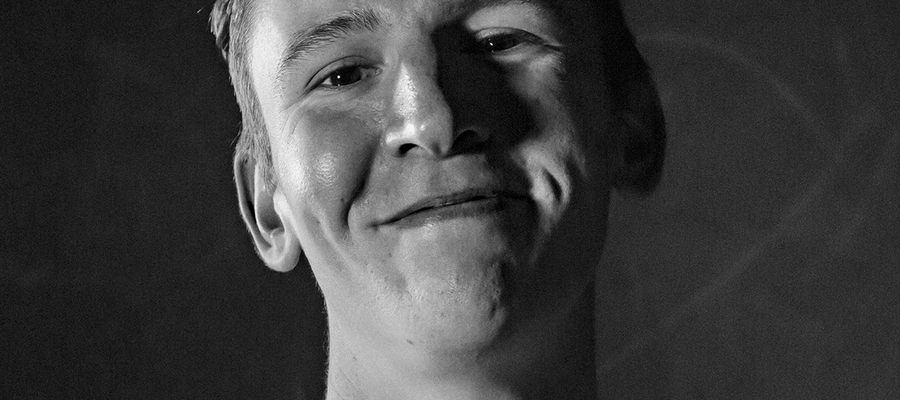Keeping Up with Become, a series of interviews with our candidate community across the digital, tech, creative and marketing space.
We’re a bit over talking about ourselves, so we thought we’d shift the focus outwards!
Welcome to a new series of interviews where we showcase different candidates and gain insights into their careers, how they got to where they are now and what advice they can give to others looking to get into the world of digital, tech, creative and marketing.
In our first interview, we chat to Melbourne freelance designer, Ben, who has collaborated with a large range of leading brands such as The AFL, Nike, Honda, New Balance, RMIT and Disneyland Paris. His design portfolio stretches across branding, digital design, publications, finished art, outdoor signage, billboards and more.
Grab a coffee, take a moment and join us to hear how Ben entered the world of freelancing and what the journey has been like so far.
What attracted you to the world of freelance?
My first job as a designer was a full-time role at a large multi-national bank and whilst it was a great experience, it taught me a lot about the industry and what I didn’t want from it.
Freelancing was a way for me to see the world and get out there whilst still managing to keep some form of career development. The idea of being tied to a desk has never been the most attractive prospect to me, that said, not many of us are tied to a desk at the moment! Before the pandemic, I was grateful to have the choice to sit in a nice café, soak up the energy and eat an overpriced slice of banana bread.
What tips do you have for candidates in lockdown, in maintaining stress and workload?
Personally, I wouldn’t be afraid to take time out of my day to do something constructive for myself. Whether it be hitting the gym, phoning a friend, to menial tasks, such as doing the washing and making the bed I found helped. Anything that would help to balance the mind from thinking constantly about work and by doing activities that focus on me, has brought me more happiness and positivity.
I’d come back to work stuff later in the day, rested and with a clearer more positive mindset. This I found helped improve the quality of my work. I changed my thought pattern from thinking I needed to work normal 9-5 hours, when really I could work later in the evening which I didn’t mind because I was creating balance and looking after my own mental health.
What should we consider when moving from a permanent to a freelance role?
I guess it’s about thinking about what you can achieve yourself that a company can’t give you? Flexibility? A range of different projects/clients? Being able to work in PJs?
I moved from a safe and secure job full-time roll in Perth and travelled to Melbourne with zero job prospects and with no connections outside of my immediate friends.
I was young at the time, so it came down to deciding what I wanted from my life. For me, it was excitement, new people, and a career I’d want to talk about.
Do you have any recommendations for those looking to enter into freelancing?
I had been turned down from a few roles when I first started looking, at one point I had $50 to my name, slept on a mattress in a living room with no long-term freelance work. It was stressful at times, but if you are determined, you’ll find your way. It’s going to sound cheesy and lame I know but what I found worked for me was not letting my ego get in the way. I tried not to take criticism or rejection personally, I kept a positive outlook and took it one day at a time.
You just need to get lucky once!
How do you manage your relationship with recruiters?
Be honest! Whether you’re a designer or a recruiter, we all want to leave a good impression. If I’m feeling like I won’t be able to put my best foot forward for a job, I let the agency know why.
I’ve had some deep and genuine conversations with recruiters at Become when I have had to explain why I had to turn down a role. By being honest and transparent they could understand where I was coming from and relate to what I was saying. The best part is, you get to build a relationship with your recruiter and the bonus is you make a friend!
Thanks Ben for your time, great chatting with you!

